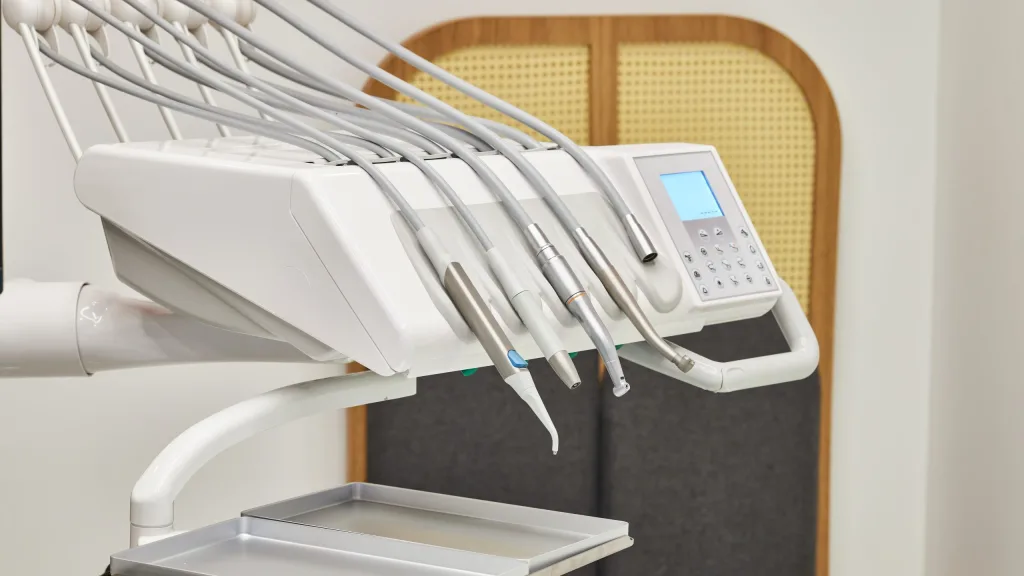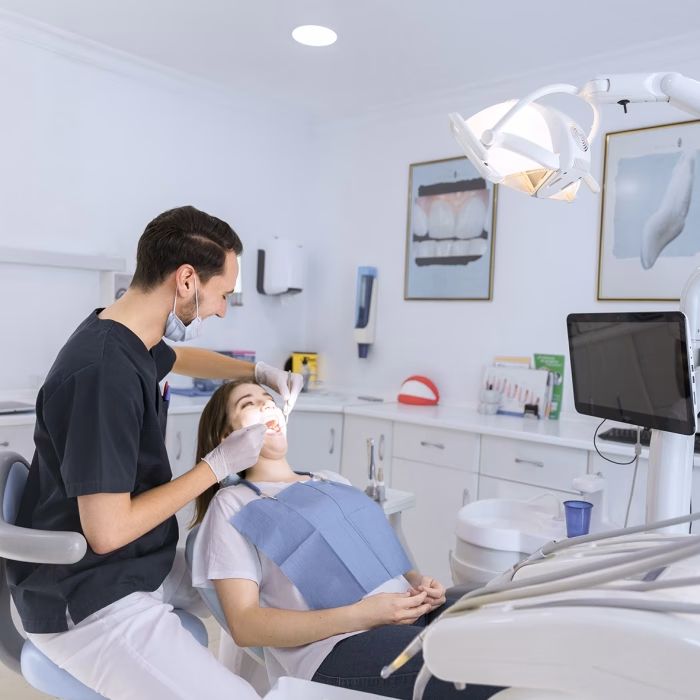Should You Lease or Buy Dental Equipment? A Financial Guide for Dentists
Modern, high-quality dental equipment is essential to provide top-tier care, improve efficiency, and grow your practice. But when it comes to upgrading or setting up your dental office, many dentists face a key question:
Should you lease or buy dental equipment?
In this guide, we’ll break down the pros and cons of each option to help you make the smartest financial decision for your dental practice.
🔍 The Importance of Making the Right Choice
Whether you’re starting a new dental office or expanding your services, dental equipment represents a significant investment. From panoramic X-rays to digital scanners and ergonomic chairs, costs can add up quickly.
💡 According to the American Dental Association, equipment is one of the top startup and upgrade expenses for dental professionals.
At IMS Financial, we help dentists evaluate and fund their equipment needs with flexible leasing and financing solutions.
🛠️ Buying Dental Equipment: Pros & Cons
✅ Pros of Buying
-
Ownership: You own the equipment outright, which builds long-term value.
-
No ongoing payments: Once paid, there are no monthly fees.
-
Potential tax benefits: Section 179 may allow you to deduct the full purchase cost.
➤ Learn more from this IRS guide.
❌ Cons of Buying
-
Higher upfront cost: Large cash outlay or loan required.
-
Depreciation: Equipment loses value quickly and can become outdated.
-
Maintenance costs: You’re fully responsible for upkeep and repairs.
🔄 Leasing Dental Equipment: Pros & Cons
✅ Pros of Leasing
-
Lower initial cost: Spread payments over time—great for cash flow.
-
Easy upgrades: At lease-end, you can upgrade to the latest technology.
-
Tax deductions: Lease payments may be deductible as a business expense.
-
Maintenance included: Some leases include service or repair plans.
❌ Cons of Leasing
-
No ownership: You don’t build equity in the equipment.
-
Higher long-term cost: Leasing can cost more over time.
-
Commitment: Breaking a lease early may incur penalties.
💼 What’s Right for Your Practice?
Here are a few questions to help guide your decision:
-
Are you in a growth phase and need to preserve cash?
-
Do you want the latest technology every few years?
-
Do you have the capital to make a large purchase upfront?
-
Is this long-term equipment you’ll use for years?
👉 If you’re unsure, our team at IMS Financial can help assess your financial goals and guide you to the right decision. Explore our Equipment Financing Services or Working Capital Loans to see what fits your practice best.
🧮 Quick Comparison Table
| Feature | Buy | Lease |
|---|---|---|
| Upfront Cost | High | Low |
| Ownership | Yes | No |
| Technology Upgrades | Limited | Frequent |
| Maintenance Responsibility | You | Sometimes included |
| Tax Benefits | Section 179 Deduction | Deductible lease payments |
🦷 Final Thoughts
Whether you choose to lease or buy dental equipment, it’s essential to understand how each option impacts your cash flow, tax liability, and long-term financial planning.
Need help running the numbers or exploring funding options?
📞 Call us at 800-650-5611
✉️ Email: info@imsfinancial.net
🌐 Visit: imsfinancial.net






